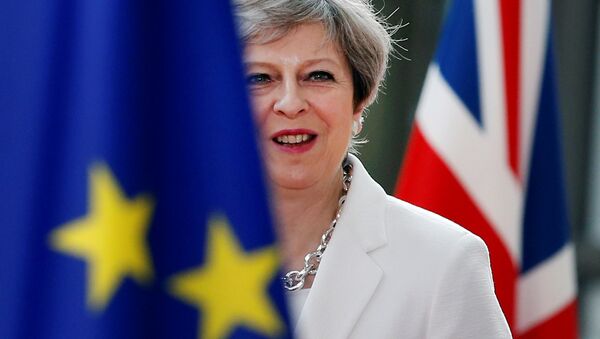Mrs. May made a plea for Labour, Liberal Democrat and Scottish and Welsh nationalist MPs to work with her and challenged MPs in all parties to "come forward with your own views and ideas about how we can tackle these challenges as a country."
She succeeded David Cameron as Prime Minister a year ago, after he resigned in disgrace in the wake of the Brexit referendum result, having failed to deliver the Remain result which Mrs. May herself had campaigned for.
In her first speech, after becoming Conservative Party leader and therefore Prime Minister in July 2016, she mentioned several issues which were not usual Tory concerns.
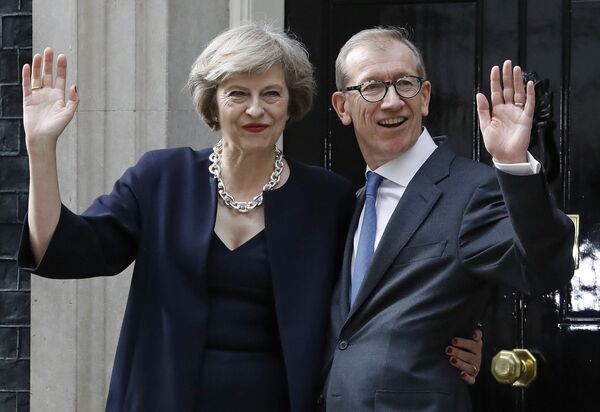
She said it was wrong that "if you're black, you're treated more harshly by the criminal justice system" and also criticized the fact that "if you're a white, working-class boy, you're less likely than anybody else in Britain to go to university."
Mrs. May has done nothing in the 12 months since to tackle either issue, but Shehab Khan, a reporter and columnist, said that was not necessarily her fault.
"Theresa May was incredibly ambitious at the start of her tenure, but the major issue which is going to completely dominate her premiership for as long as it lasts is Brexit," he told Sputnik.
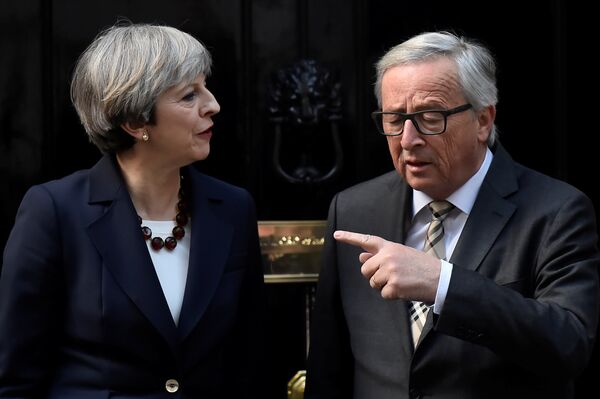
When our country and world faces huge challenges, @Theresa_May and the @Conservatives show they do not have the ideas or plan to tackle them pic.twitter.com/zVnGthZ3zy
— Jeremy Corbyn (@jeremycorbyn) 10 July 2017
"We have got a one-issue government for the next few years because Brexit is so dominating and is so over-powering," he said.
"Initially, if you look at her speech following the election result, it appeared she was going to continue on with this hard Brexit line, but that may have been a negotiating strategy," he told Sputnik.
Mrs. May called a snap election in April, hoping to crush the Labour Party leader Jeremy Corbyn and increase her majority to around 100. In the event, she lost her majority altogether and has had to cobble together a "supply and demand" relationship with the Democratic Unionist Party (DUP) from Northern Ireland.
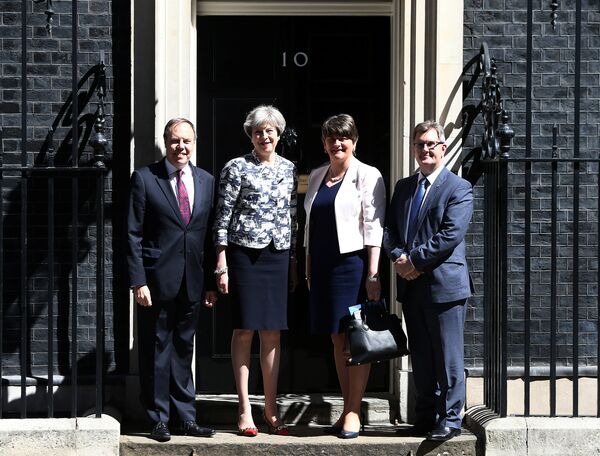
Mr. Khan said it had been a fraught year for Mrs. May, but it looked like she might have to stay on for a while.
"The issue Theresa May now has is rebuilding and regaining any form of legitimacy. She is going to face unbelievable amounts of pressure from her backbenchers. We have seen that already. There are questions about whether she can continue on until the end of the summer, let alone until the end of the five years that she plans to be prime minister," Mr. Khan told Sputnik.
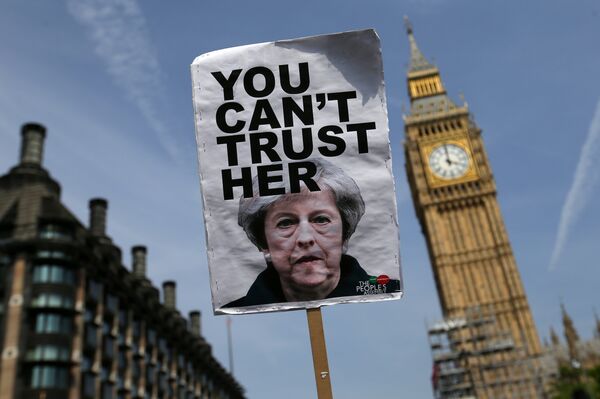
He said the Conservative Party was in no mood for a change of leader, despite the leadership ambitions of Boris Johnson and others, so there was no choice but for Mrs. May to soldier on.
"Theresa May is an incredibly good prime minister behind closed doors, from what I've heard. I'm not talking about ideology here. I'm not talking about her policies. I'm talking about managing people, managing tasks, running the country. She is incredibly poor at engaging with the public and dealing with issues when they are presented to her in media appearances or when she is out and about," Mr. Khan said.
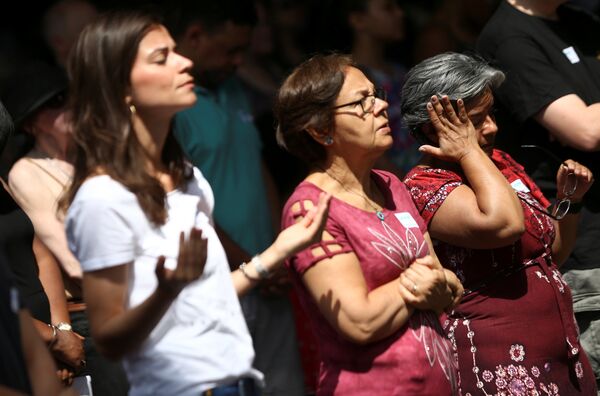
"I think she will continue on until the end of the Brexit negotiations at least, for two main reasons. The first one is a change of leadership in the middle of these negotiations would be disastrous. We have wasted enough time as it is, we don't have very long left. Having a change of guard would be an own goal to say the least and I don't think the Tories will want to do that. The second reason is because there isn't a clear alternative. There isn't someone within the Tory party who is emerging as a front-runner to replace her, who is leaps and bounds ahead of the rest and would be better than Theresa May," he concluded.

